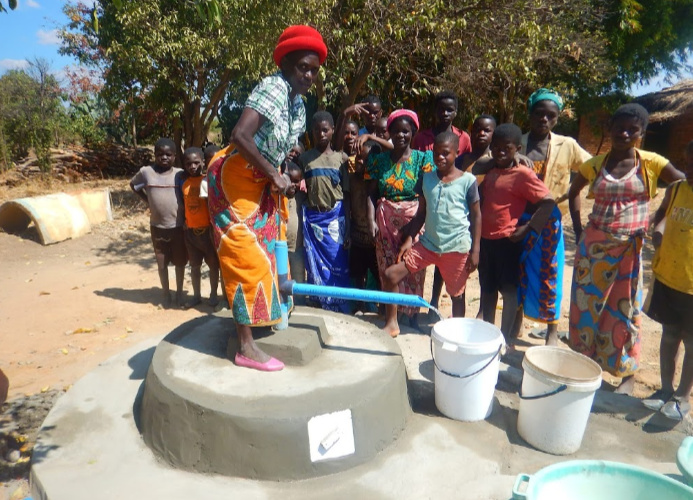
International Day for the Elimination of Female Genital Mutilation
Genital Mutilation (FGM) is a global concern, one that the United Nations has established an international day of recognition for and is consistent with Sustainable Development Goal 5 (UN). Growing concern from the international community had been growing and in 1997, the WHO and other UN organisations began working on limiting this practice through national and sub-national approaches (WHO).
An issue that typically was located in Africa and the Middle East, this procedure is now becoming a global concern (UN). The United Nations has reported grave distress for the widening of this procedure across the globe due to how in 2020, there are 4.1 million girls around the globe are in danger of having this life-altering practice (UN).
Due to this huge number and global reach, the United Nations and its member states are working towards ending Female Genital Mutilation by 2030. FGM changes the female genitalia, which does not have any medical benefits for the girl, something that is often completed under cultural, religious and social justifications (NHS). Therefore, the girl will typically experience a huge amount of pain, possible bleeding and also negative consequences for their sexual and reproductive health and mental health also. Due to this, girls across the globe are being subjected to long-term consequences that gravely impact their livelihoods.
The United Nations recognises that a lot of work needs to be completed in order to reduce this practice. Girls across the world should be recognised as experiencing human rights abuses and gender equality, as well as the issues that they will face in their future after this has occurred (UN). Currently, in 30 countries where FGM is a common practice, 30% of girls experience FGM under the age of 15 (UN).
DROP4DROP recognises that #Womenmatter. The implementation of clean water sources allows women who would once spend time collecting water to now be active in the community. Therefore, helping women to be able to work and support their families. Alongside this, clean water and sanitation promotes young people in education, ensuring a better future and the ability to choose what they wish to do with their lives. During their school lives, young people can learn about the effects of FGM and therefore transform the lives of future young people.
Clean water allows for everyone to have a better and brighter future. You can find out more about @drop4drop work on Twitter and Facebook. If you would like to support the implementation of clean water sources and sanitation education, you can donate £3 to give 1 person water, £15 to give a whole family water.